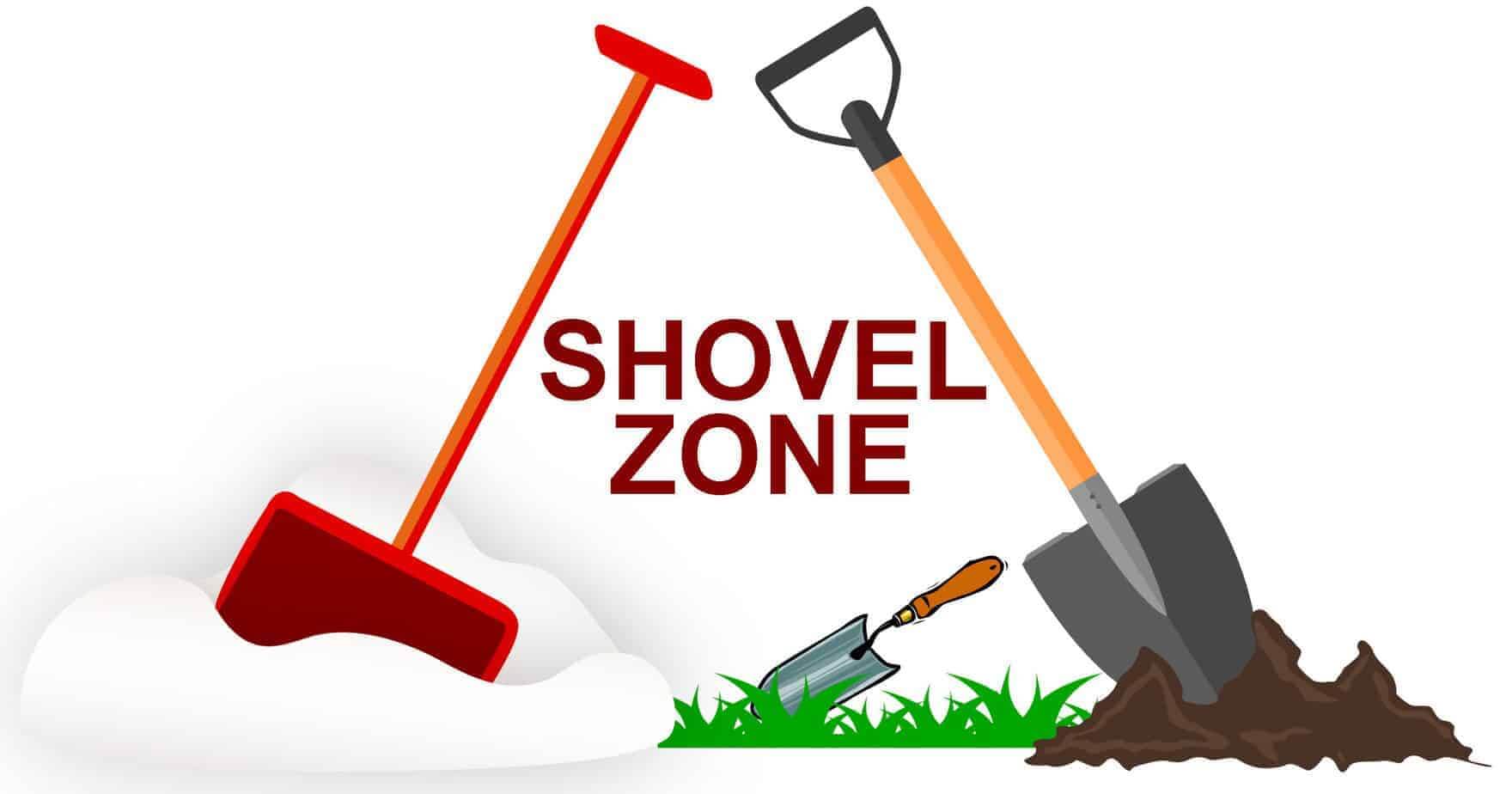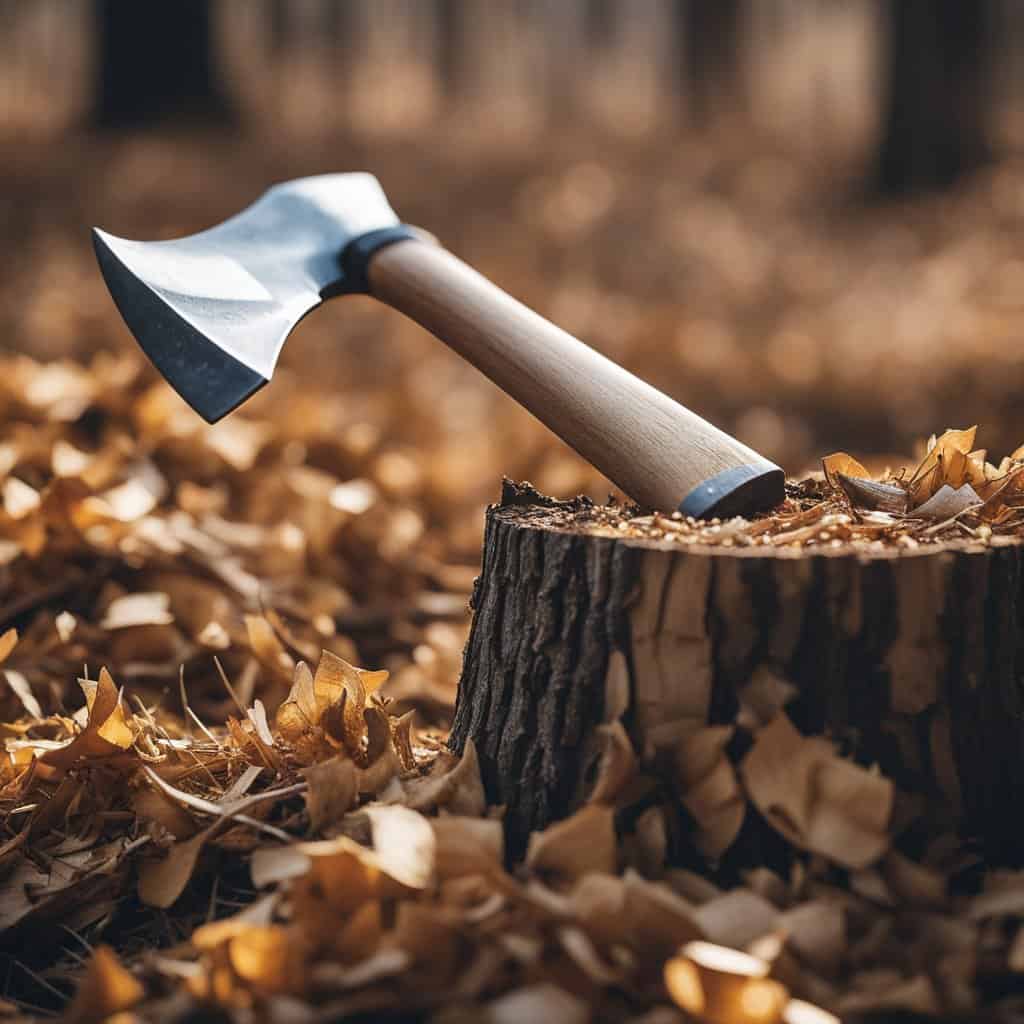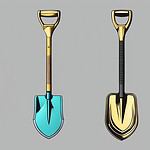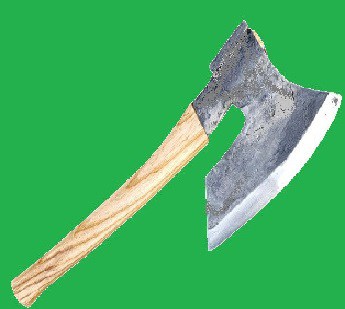As axe throwing gains popularity as a recreational activity, it’s easy to forget that axes have been used for centuries as tools for survival and labour. From felling trees to building homes, axes have been essential for many tasks. As a result, many sayings and proverbs incorporating axes have been created over time.
In this article, we’ve compiled a list of 50 sayings/puns related to axes, highlighting the importance of this tool in our history and culture. Some of these sayings are well known, while others may be new to you. We hope this collection of sayings provides a deeper appreciation for axes’ role in our lives. Whether you’re a lumberjack, a carpenter, business person or axe throwing fan, these sayings will surely resonate with you.
Chop Chop and Other Sayings/Puns Related To Axes
- The saying “chop chop” is believed to have originated from the Chinese phrase “kuai kuai,” which means “quickly quickly.” Over time, this phrase was anglicized to “chop chop” and became a common way to urge someone to hurry up or to get something done quickly.
- Abraham Lincoln is famously associated with the phrase, “You can’t chop down a tree with a single blow of an axe,” which he used to emphasize the importance of persistence and hard work. This saying has become a part of American folklore and is often used to inspire people to keep working towards their goals.
- “Give me six hours to chop down a tree, and I will spend the first four sharpening the axe,” is another saying by Abraham Lincoln.
- “An axe is a dangerous tool, but it can also symbolize hard work and determination” and “The axe is the devil’s own tool” are phrases utilized, but the origin is Unknown.
- “The axe forgets what the tree remembers.” This saying is an African proverb that reflects the idea that those who cause harm or destruction may not fully comprehend or remember the impact of their actions. At the same time, those who suffer the consequences retain the memory of the experience. This proverb serves as a reminder of the lasting effects of actions and the importance of empathy and understanding.

- “Bury the hatchet” is to make peace or end a conflict. It refers to the act of burying an axe or hatchet to symbolize the end of hostilities.
- “Axe to grind” is to have a personal motive or selfish reason for doing or saying something. It originates from the act of sharpening an axehttps://shovelzone.ca/is-chopping-wood-a-good-workout/ in preparation for cutting wood.
- “Chop wood, carry water” is to attend to daily life’s essential and mundane tasks. It emphasizes the importance of diligence and persistence in everyday responsibilities.
- “Axe hanging over one’s head” means facing a looming threat or impending danger. It suggests the imminent possibility of a negative consequence.
- “Axe falls” is a decisive action or consequence, often involving termination or severe punishment. It denotes the finality of a decision or outcome.
- “Grind the axe” is to dwell on past grievances or seek revenge. It refers to harbouring and nurturing feelings of resentment or animosity.
- “Axe-wielding” Describes a person who is aggressive, confrontational, or ready to take drastic action.
- Axes have also played a significant role in literature and art. For example, in the novel “The Ax” by Donald E. Westlake, the main character uses an axe to symbolize his determination to succeed in the corporate world.

- Axes have been featured in popular culture in various ways. In horror movies, axes are often used as a weapon by pathological criminals or as a tool for characters to defend themselves against supernatural threats.
- Axes are often used metaphorically to represent power, wealth, and success. For example, the saying “the axe forgets, but the tree remembers” implies that while the person who caused harm may forget, the person who was harmed will always remember.
- “We cannot solve our problems with the same thinking we used when we created them.” This Albert Einstein quote can be interpreted to mean that sometimes, we need to take a different approach or use a metaphorical “axe” to break down mental barriers and find solutions.
- Axes are also used in the business and technology industry. The phrase “sharpening the axe” is often used in business to refer to taking time to prepare and improve one’s skills and knowledge.
- Then there is the business phrase of “take an axe too,” which means to get rid of something quickly, and “get the axe,” which means to lose one’s job or to be dismissed or
- “They are swinging the axe in the boardroom.” meaning the person makes decisive and impactful decisions.
- In technology, axes symbolize progress and control, with the term “axing a program” referring to a project’s discontinuation.
- Axes have practical uses in everyday life, such as chopping wood for a fire, pruning trees, and clearing land. They can also be used for cooking, with the term “take an axe to” referring to finely chopping ingredients.
- Axe puns are a popular way to add humour to any situation involving an axe. Some popular axe puns include “axe me a question,” “axe-ident,” and “axe-ellent.” or perhaps “I’ll axe-cept that challenge and chop it down to size!” == “I’m not axe-ually sure if these puns are getting to the root of the matter.” “Axe-cuse me, but I think these puns are cutting it!”
- “They’re chopping away at the root of the problem.” – They are addressing the fundamental cause of an issue.
- “They’re sharpening their axes for the upcoming challenge.” – They are preparing for a difficult task.
- “We need to get to the cutting edge of this issue.” – We need to address the most crucial aspect of this problem.

- “They’re wielding the axe of change.” – They are leading a significant transformation.
- “They are taking a hatchet to the old way of doing things.” – They are radically changing outdated processes.
- “They’re axing the unnecessary to streamline the process.” – They are eliminating unnecessary elements to make the process more efficient.
- “We need to bury the hatchet and move forward.” – We need to resolve our differences and let go of past conflicts.
- “They’re chopping through the red tape.” – They are overcoming bureaucratic obstacles.
- “Let’s not axe the golden goose.” – Let’s not ruin a good opportunity or resource.
- “They’re trying to axe the competition.” – They are attempting to outperform or eliminate their rivals.
- “They are carrying the axe of responsibility.” – They are shouldering a significant amount of accountability.
- “They’re grinding the axe of resentment.” – They are harbouring and nurturing feelings of bitterness.
- “They’re chopping down barriers to progress.” – They are removing obstacles that hinder advancement.
- “We need to avoid falling on our own axe.” – We need to prevent self-sabotage or self-destructive behaviour.
- “They are wielding the double-headed axe of justice.” They enforce fairness and equity.
- “They are using a blunt axe in negotiations.” – They are not effectively advocating for their interests.
- “They’re throwing the axe of doubt into the plan.” – They are introducing skepticism or uncertainty about the plan.
- “We must not let the axe of fear cloud our judgment.” – We must not allow fear to influence our decision-making.
- “He’s chopping at the branches instead of the roots.” – He is addressing superficial issues rather than the underlying problems.
- “They are wielding the axe of authority.” – They are exercising strong leadership and control.
- “They’re chopping wood for the fire of progress.” They contribute to advancing a cause or project.
- “We need to axe the deadwood from the team.” – We need to remove unproductive or ineffective members from the group.
- “They are chopping their way through the jungle of bureaucracy.” – They are navigating through complex administrative processes.
- “They are using a rusty axe to cut costs.” – They are trying to reduce expenses with outdated or ineffective methods.
- “They’re trying to axe the fat from the budget.” – They are attempting to eliminate unnecessary expenses.
- “We need to avoid swinging the axe too hastily.” – We need to refrain from making rash or impulsive decisions.
- “They are trying to axe their way to the top.” – They are attempting to achieve success through aggressive or ruthless means.
- “They are wielding the axe of truth.” They advocate for honesty and transparency.
Final Thoughts
Much like the axe has and continues to play a role in our everyday survival and existence, we utilize many sayings about axes to express our inner selves, including hard work, determination, danger, and precision. Many axe sayings emphasize the importance of adequately sharpening and using an axe to avoid accidents and are symbols in popular culture to represent strength, power, determination, and ability to overcome obstacles.






